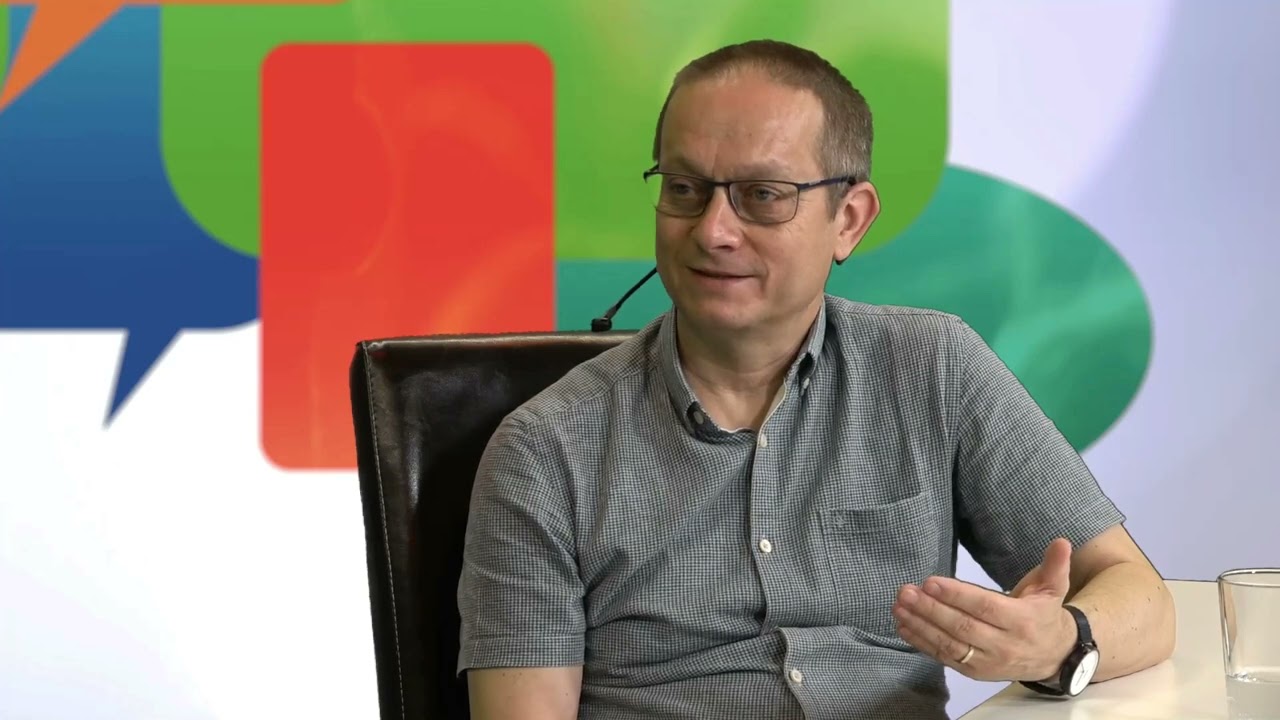Modern medicine is paying increasing attention to communication between doctor and patient. Correct and effective communication can contribute to better patient well-being and more effective treatment. Here are some tips that can help improve doctor-patient communication:
Listen carefully. Ask questions and pay attention to the patient's non-verbal signals to understand their complaints and needs.
Be understandable. Try to use language that the patient can understand, avoiding professional vocabulary.
Be empathetic. Try to understand and empathise with the patient's emotions and feelings. Show him/her that you understand his/her situation and care about his/her welfare.
Share knowledge. Share your knowledge and information about the patient's illness and its treatment so that the patient has the full picture.
Encourage questions. Don't be afraid to ask the patient questions and give him the opportunity to ask questions and express his concerns. This will help him to better understand his illness and its treatment.
Give a sense of security. Show the patient that you are trustworthy and will accompany them through a difficult situation, which will have a positive impact on their psychological wellbeing.
Correct and effective communication is crucial to successful patient treatment and well-being. By applying the above tips, the practitioner can build a good relationship with the patient and work together towards a full recovery
Communication is important in the work of a doctor. Many Polish universities introduce educational modules that teach medical students how to communicate correctly with patients and their families. Simulations using phantoms are helpful in learning how to build relationships with patients. The ability to listen is crucial as it allows the doctor to control the conversation and gives the patient a sense of power. Doctors should be professional and focus on the outcomes of their work.
Health is important to each of us, which is why we go to doctors to get the best possible care. Many of us expect decisions to be made quickly and efficiently. However, speed does not always mean that decisions are better or more sensible. It is important that doctors are able to listen to patients and treat communication as an integral part of medical care, not just as something extra. Medical education should also focus on the ethical and communication elements so that doctors are best equipped to provide effective care to patients.
In medical education, it is important that communication and ethical issues are pointed out in the early stages of training rather than in separate courses. Then these elements become obvious to learners and it is easier to understand their relationship to practical clinical activities. Medical education should be important and continually developed. Patients should also have access to this basic knowledge. An educational programme is essential from the very beginning of education, but should be woven into the various educational modules and school subjects, so that when they leave school they have an orientation on how to deal with different situations. To achieve this, a stable institutional environment is needed.
